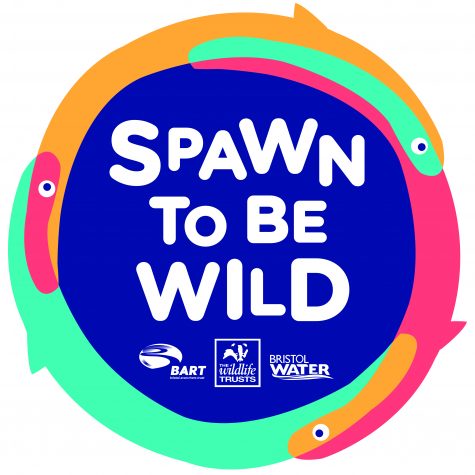
11 primary schools across Bristol, South Gloucestershire, Bath and Somerset have been out in local rivers releasing 550 young European eels which they have been studying as part of our Spawn to be Wild project. Each primary school looked after approximately 50 elvers (young eels) for 4 weeks, during which time they learnt all about eel life cycles, the river habitat and threats to eel survival.
The eels were bought from UK Glass Eels after being caught by elver fisherman on the River Severn, after which the eels took a quick detour in each primary school.
The eels spend between 10-70 years in the headwaters of rivers, in small tributaries, ditches and streams before they make the epic 5000km migration back to where they were born in the Sargasso Sea to spawn. All elvers were successfully released in a series of lovely events in rivers local to schools. The children were certainly sad to see them go but have promised to go to their local river and try to spot their elvers in the coming years!
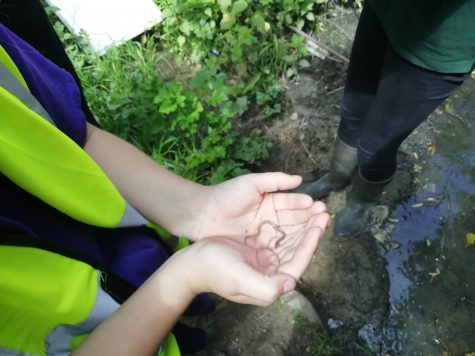
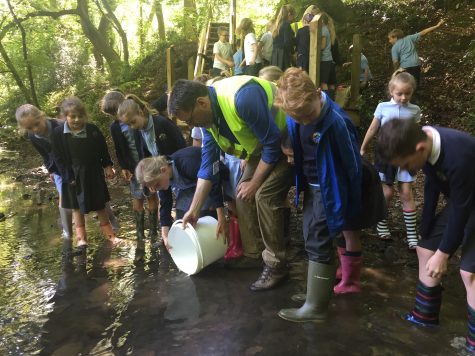
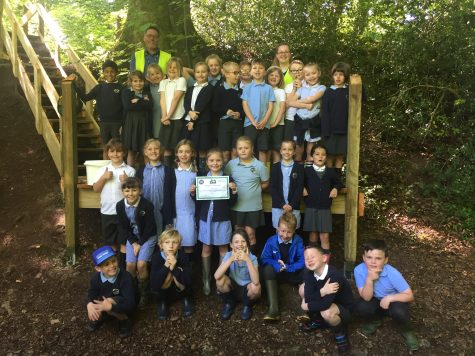
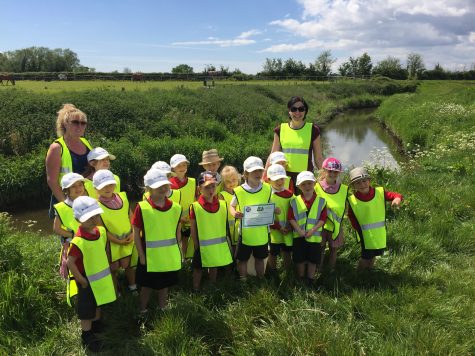
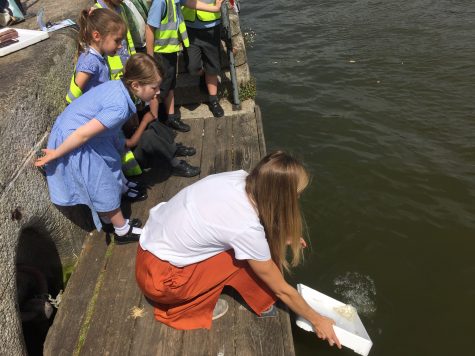
The Spawn to be Wild project is an incredibly important project to raise awareness of the European eel. These eels are critically endangered and their long and complicated life cycle means that only a very small percentage of them survive to adulthood. They are an important part of our river ecosystem but with so many barriers to their survival, mainly from human influences, they are now at risk of extinction. The human stresses upon eel survival include climate change, overfishing, pollution, habitat loss and barriers to their migration caused by weirs and dams.
Did you know that the illegal trade of elvers is worth more than the ivory trade?
Through the environmental education delivered in this project the children have become much more aware of the wider world and how humans are having a detrimental impact upon it, which directly impacts the wildlife we find in our local areas. For far too many children outdoor play, especially in or near rivers, has become a thing of the past. In today’s urban society filled with technology many children do not spend time outdoors getting to know common wildlife species and enjoying seeing them in their natural habitats. By bringing wildlife into the classroom we hope that this will inspire the conservationists of the future, making children and their teachers, parents, friends and families more aware of the direct influence we are having on wildlife, and reconnecting them with nature.
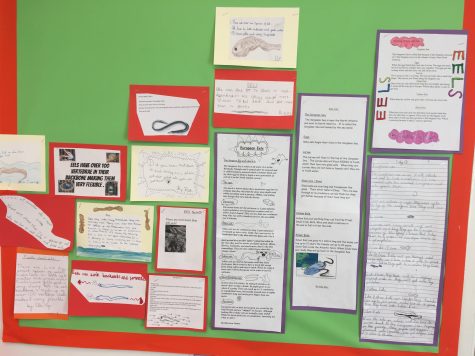
We are pleased to report that we have gone from initial answers to ‘What lives in your local river?’ of ‘sharks’, ‘jellyfish’ and ‘whales’ to types of freshwater invertebrates, aquatic birds and the mammals at the top of the food chain. We have had some brilliant eel questions, such as ‘how does pollution affect the eels senses? and ‘how will elvers get up rivers if we don’t get rid of weirs?’
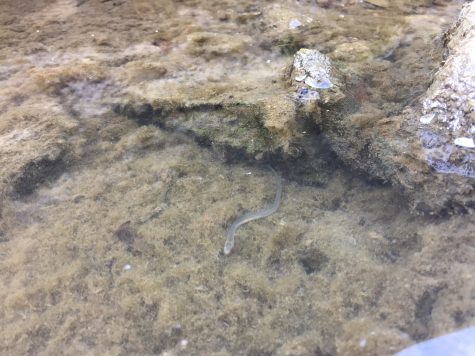
Thank you to Bristol Water, A Forgotten Landscape and the Avon Frome Partnership for funding the project this year and to the Sustainable Eel Group and UK Glass Eels for their support. Here’s to Spawn to be Wild 2020!






